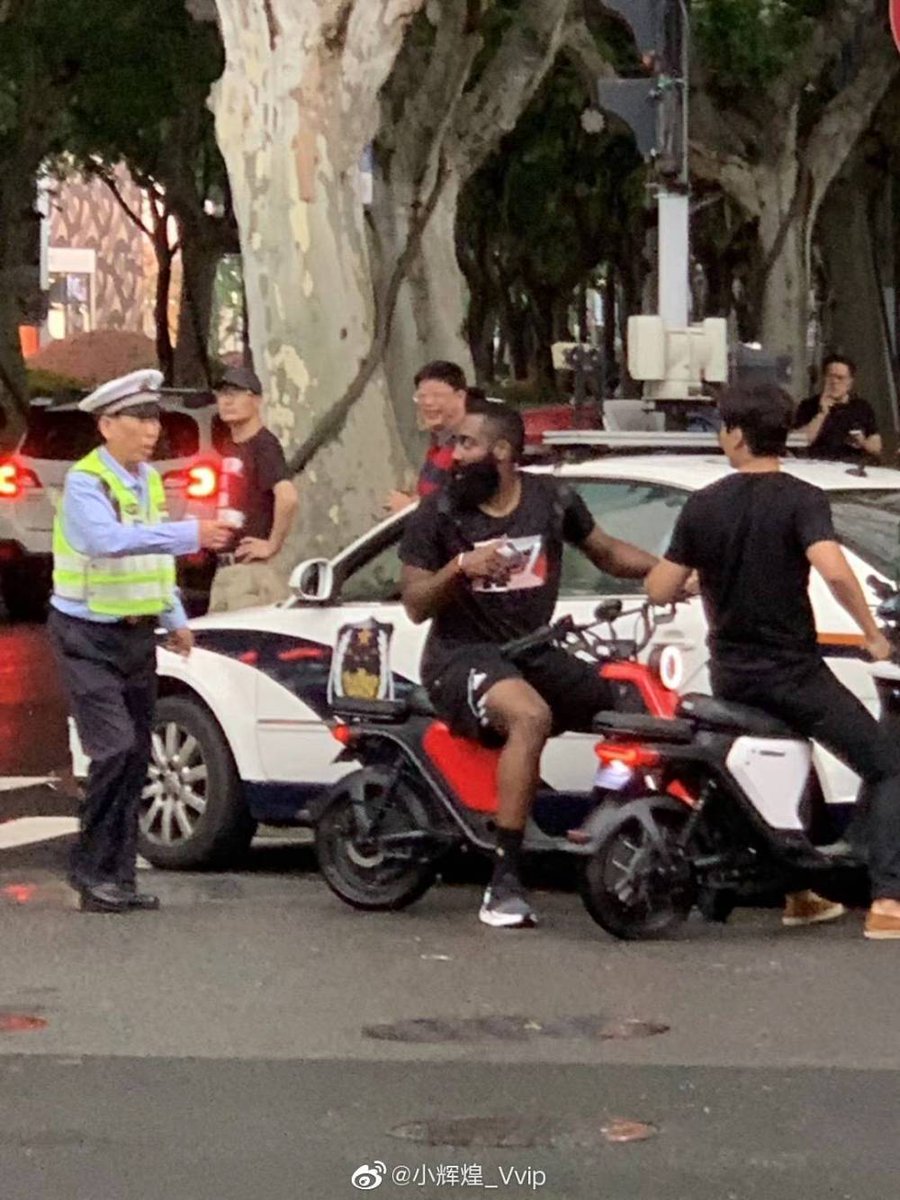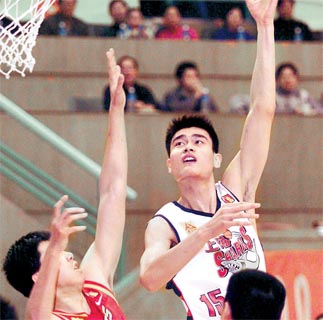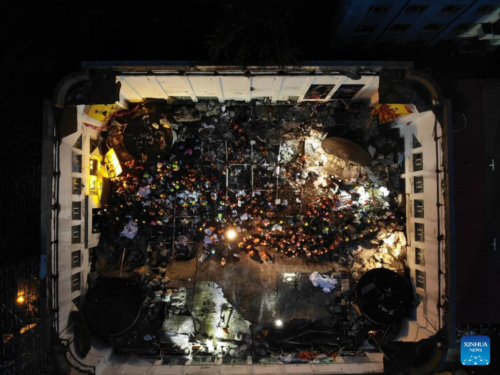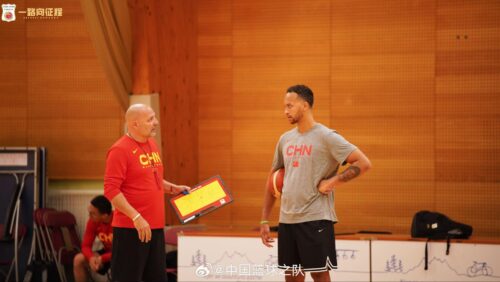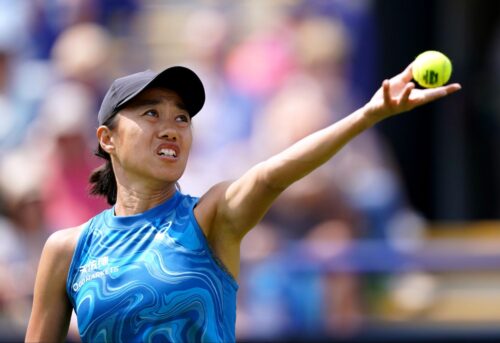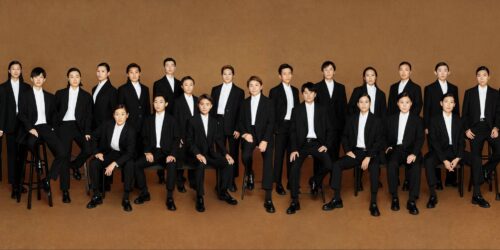In Chinese soccer, a tale of two nationalities: Or, the difference between Brazil and Tibet
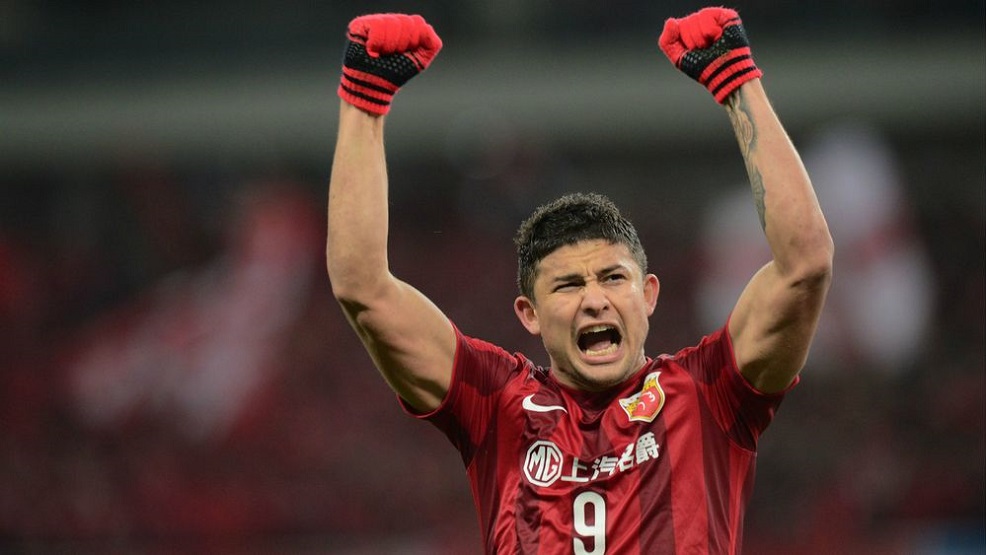
The China Sports Column is a The China Project weekly feature in which China Sports Insider Mark Dreyer looks at the week that was in the China sports world.
Just a few years ago this would have been unthinkable in China. But reports this week confirmed that Elkeson — a Brazilian football player with no Chinese heritage whatsoever — will soon be eligible to pull on the Chinese national team jersey and, with a bit of luck, fire the team into the 2022 World Cup.
Back in 2012, when then-vice president Xi Jinping expressed his three wishes for Chinese football — to qualify for, host, and win a World Cup — there was never any question of whether China would attempt to do so with foreign-born players in its side.
In contrast to the majority of top international sides, China employed a strict selection policy.
But that’s increasingly out of date in today’s globalized society, where people with a passport from one country might in fact have stronger ties to another. As a result, FIFA allows two main ways for players to switch national allegiances (assuming that they haven’t already represented their initial country in a competitive senior-level international): heritage and residency.
The first step — and it was a big one for China — was to naturalize foreign-born players of Chinese descent, i.e., those who had a Chinese parent or grandparent.
But the second step — giving a passport to foreigners who had played within China for five years, as per FIFA rules — was initially dismissed out of hand.
It’s interesting that almost immediately after Marcelo Lippi returned for a second stint as national team manager, this particular policy did a U-turn.
While there’s no confirmation of Lippi being the driving force behind this move, he knows better than anyone about the Brazilian’s strengths: Elkeson won the Golden Boot as the Chinese Super League’s top striker in both the 2013 and 2014 seasons while at Guangzhou Evergrande — and playing under Lippi.
With Lippi returning to the national team set-up just months after quitting, his increased leverage with the CFA could have seen him demanding the naturalization of qualified players.
That once-distant dream of winning a World Cup is now on the verge of becoming a reality — though expect some fans to turn on Elkeson if he doesn’t immediately produce on the pitch.
Also see the tale of Nico Yennaris:
China takes back ‘Panda Cup’ from winning South Korean team after ‘disrespectful’ gesture
~
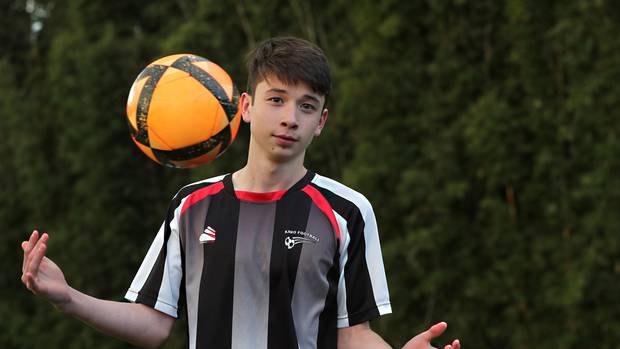
China has a long history of being a somewhat difficult territory when it comes to passports and visas.
One New Zealand teenager found that out the hard way after being denied the chance to play in the Gothia Cup China — an offshoot of Sweden’s famous Gothia Cup, a.k.a. the World Youth Cup — this summer in Qingdao.
Nyima Tsering-Young, born to a Tibetan father, was set to play for a Kiwi academy team in the tournament, but while all his teammates’ visas had been processed in New Zealand, Nyima’s passport was sent to China.
The academy then felt they had no choice but to withdraw the player due to the tight timeframe, with no indication given as to how long the vetting process might take or whether it would even be approved in the end.
And while his academy opted to keep their name out of the spotlight, the player’s mother has spoken out:
“I just don’t think anyone should ever be discriminated against for their ethnicity and that is what has happened here. What weighs heaviest on my heart is that if a New Zealand-born boy playing football is discriminated against like this then what is daily life like for people in Tibet? It is really sad that my children have around 12 or 13 cousins in Tibet, but seeing them and communicating with the family has been made really difficult and near impossible.”
Of course, if Nyima ever gets good enough, China would be happy to give him a visa — and throw in a passport, too.
~
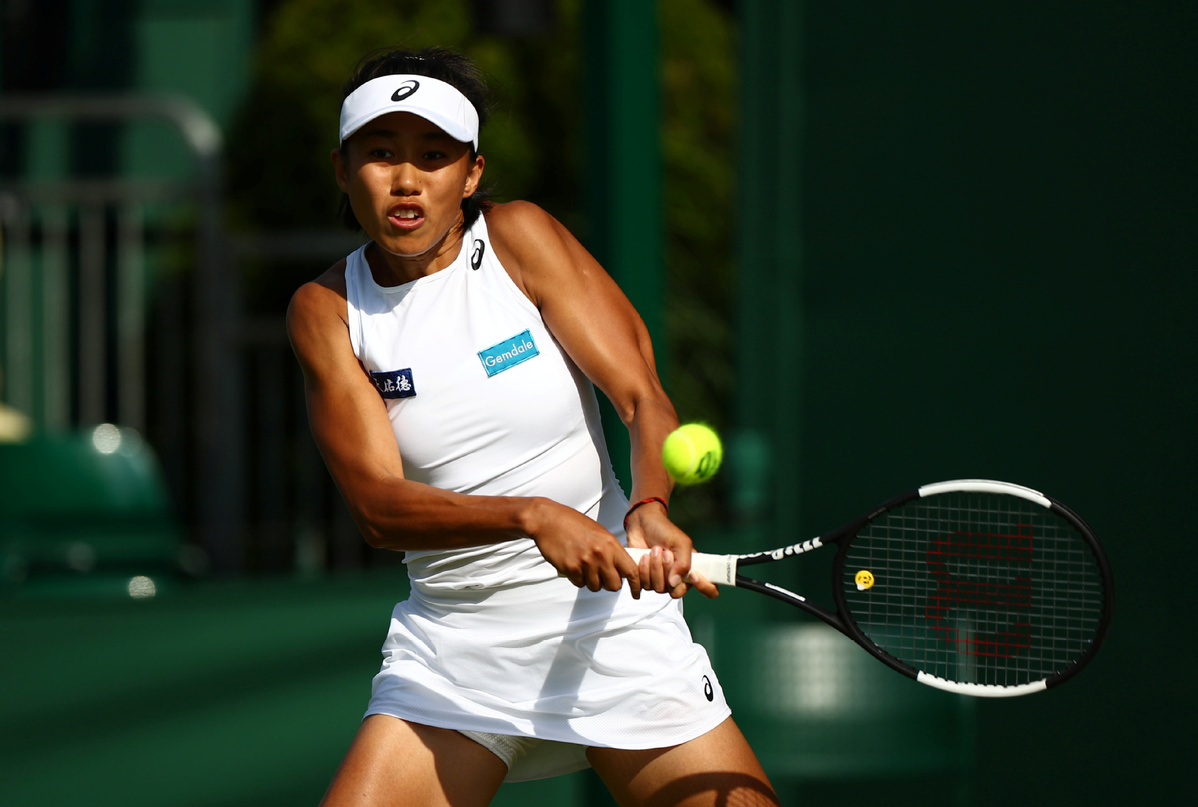
Wimbledon is in full swing, and China’s Zhang Shuai, of all players, is leading the way.
With her 6-4, 6-2 victory over 14th seed Caroline Wozniacki —after battling from 0-4, 15-40 down in the first set — Zhang was the first player in the women’s singles draw to move into the fourth round, guaranteeing action in the tournament’s second week.
15th seed Wang Qiang may yet join her if she beats Elise Mertens in their third-round clash.
Zhang went on Twitter after her match on Friday to express her surprise at her much-improved form on grass, after losing in the first round on each of her five previous appearances at Wimbledon.
Can you believe I never win one match before 2019? Thanks very much all crowd to visiting and supporting @Wimbledon #wimbeldon https://t.co/fgfeJsisRP
— Shuai Zhang (@zhangshuai121) July 5, 2019
But she had a slightly less pleasant Twitter exchange last week, questioning British player Katie Swan’s “integrity” after a dubious line call at the Eastbourne International warm-up tournament.
@Katieswan99 @WTA who can tell me the true , they said out and 100% sure including my opponent,how many times today like that ?
Sometimes the integrity devaluation… pic.twitter.com/EY3pQk48sa— Shuai Zhang (@zhangshuai121) June 23, 2019
That prompted Swan to hit back with a message of her own:
I don’t think it’s fair to blame me on this… it was the line judge’s call and in the moment I didn’t see it I was just playing tennis. There were many bad calls for both players. This has nothing to do with my integrity. https://t.co/SI7HvWGX5y
— Katie Swan (@Katieswan99) June 23, 2019
Perhaps Chinese players should be given social media training on all the blocked platforms for when they travel internationally.
~
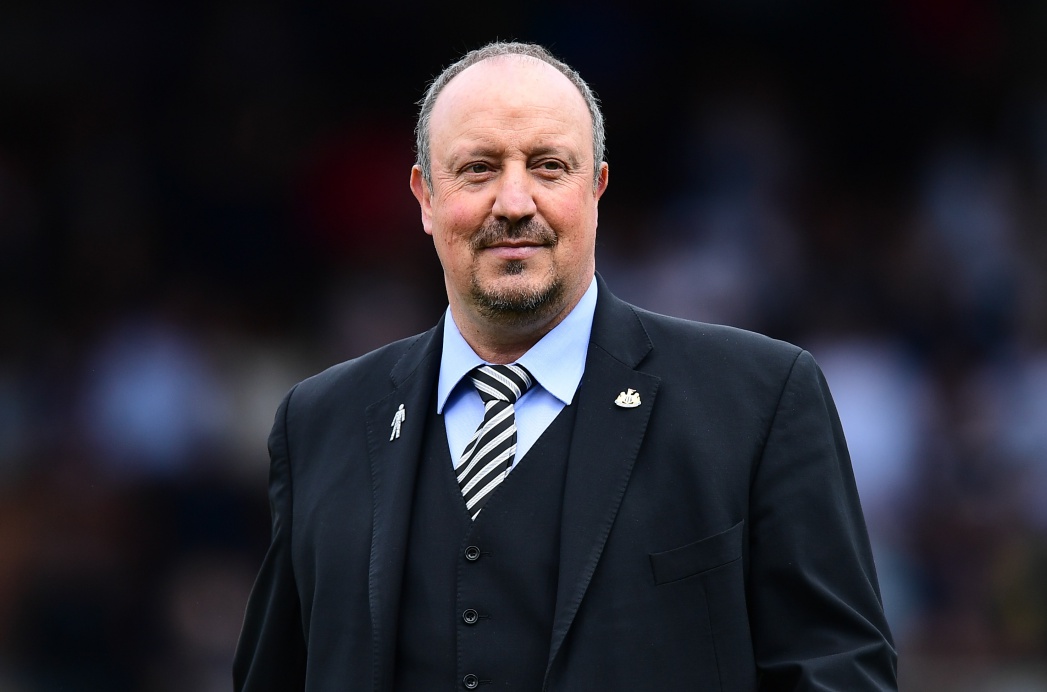
Former Liverpool, Inter Milan, Chelsea, Real Madrid, and — until last week — Newcastle manager Rafa Benitez has become the new manager of CSL club Dalian Yifang, which is controlled by Wanda boss Wang Jianlin.
Benitez, as you would expect, has been saying all the right things about the ambition of the club and how proud he is to be taking on such an exciting project.
In one particularly outlandish claim, Benitez said he’d “had offers of greater financial significance during [his] career.”
It’s hard to imagine what that “significance” might have been, because he certainly can’t be referring to actual cash: he’s reportedly picking up $15 million per annum at Dalian.
That’s a lot of money, but it won’t be easy.
The club sits in the bottom half of the CSL table and has witnessed a very public spat this season, with star Belgian player Yannick Carrasco lashing out at teammates on social media last month, although he’s softened his tone after Benitez’s arrival:
The attitude of some club's leaders and teammates towards me is incomprehensible to me given my commitment and performance with the team so far. The team needs me and I want to help the team. This problem need to be solved.
— Yannick Carrasco (@CarrascoY21) June 21, 2019
Additionally, Benitez has signed a 30-month deal with the club, but with the Spaniard becoming the club’s 18th manager in a little over a decade, it’s highly unlikely he will last that long.
~
Finally this week, Houston Rockets guard James Harden has adapted a little too quickly to Chinese culture during a recent trip to the country.
Pictures emerged of the 2018 league MVP being pulled over by a cop in Shanghai for going the wrong way down a street on a scooter — a violation of which any self-respecting Chinese scooterer would be proud, although Harden later apologized on Weibo.
Given the abundance of traffic violations that go unpunished, it’s unclear why Harden was stopped — although as a 6-foot-5 black man he certainly would have stood out on a Chinese street — or even whether the traffic cop had any idea who he was.
But as one wag pointed out on Deadspin, who would have thought it would be the Chinese police who finally called Harden on his traveling?
The China Sports Column runs every week on The China Project. Follow Mark Dreyer @DreyerChina.
